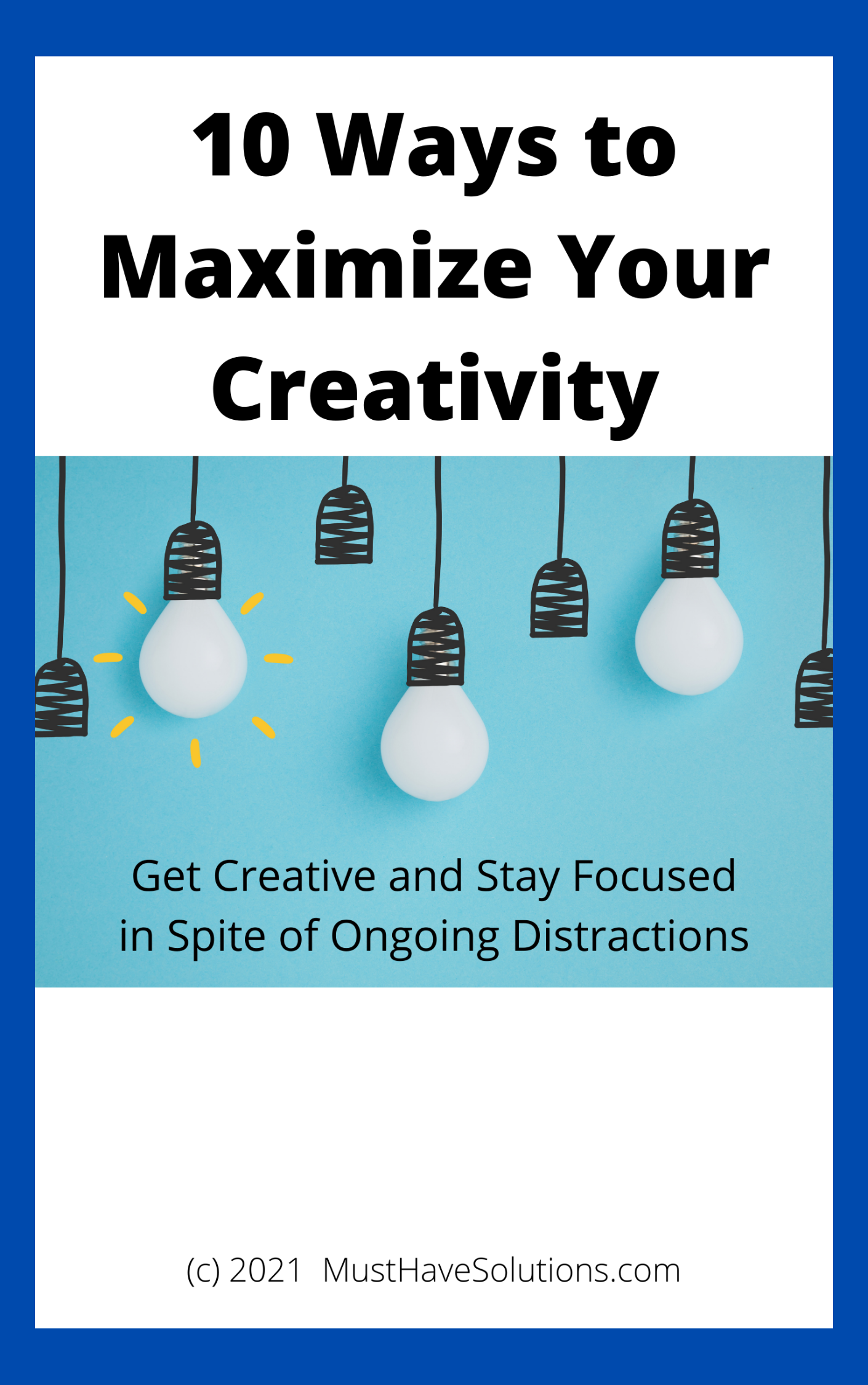Use a Routine to Help You Weed Out Distractions
By using a routine, you’re establishing habits. When you have habits, it allows your brain to function on autopilot. That means you’ll do things without really giving it much thought because the action is ingrained within you.
Having a routine is good for you because it works to keep distractions at bay. Plus, if you’re currently finding that you do have distractions, establishing a routine can knock those out of your way.
Most people, even if they work from home, are more productive and better focused when they use a routine for everything they need to do. This begins with choosing the right time for setting the alarm.
Having a routine lets you know what you have to do next without really putting much effort into it. For example, your routine should include a time for when you need to need to take a shower.
Some people have a routine where they do it in the mornings after rising because it helps them to wake up. Others feel they get more done when they get dressed first and have breakfast, so they schedule their shower in the evenings.
You can set a routine for when you eat and this can include all of your meals as well as any snack breaks. You’ll be able to cut out distractions when you have a routine for when you work, so set a schedule for starting as well as for when it’s time to leave work behind.
Some people find it’s better to have a schedule that breaks down each part of their workday, such as some time that’s set aside for creative tasks while other time is set aside for administrative tasks.
Using a routine allows you to weed out distractions that impede productivity daily. When you conquer the daily distractions, you gain more hours in your week. To create a routine that fits your life, you would first need to make a note of all the things you need to get done in any given day.
This list needs to have both professional and personal life tasks, since they go hand in hand. For your professional list, you would create a routine that establishes what steps you need to take in order to finish a project.
This routine can be based on daily or weekly habits. Once you have the list written down, you’ll want to look over it to see what can be lumped together. For example, if you know you get distracted from work by returning phone calls, save responding until you’re doing something on your daily routine, such as walking on the treadmill during your exercise regimen.
It can be helpful to use a planner to schedule your routine. Your routine may take some tweaking once you get started, but don’t be afraid to ditch what’s not working for you and changing it up for what will help you.









